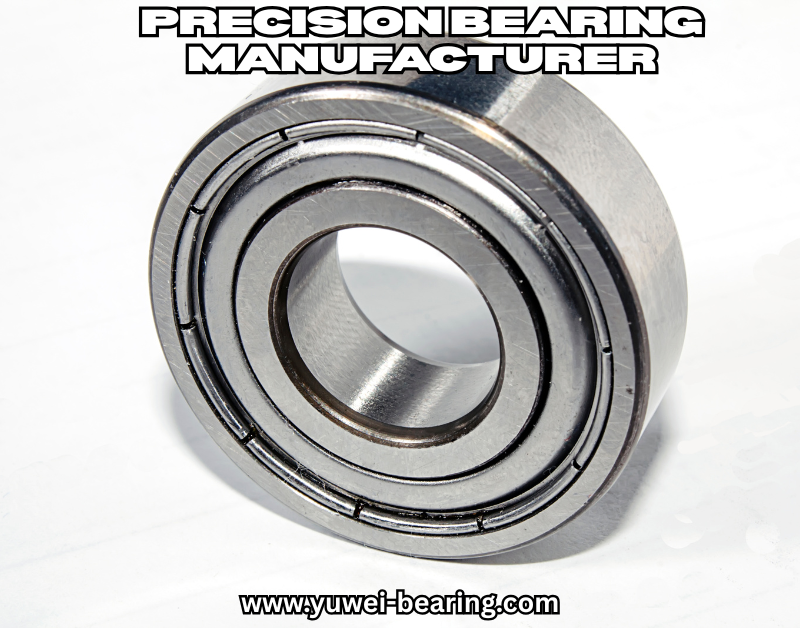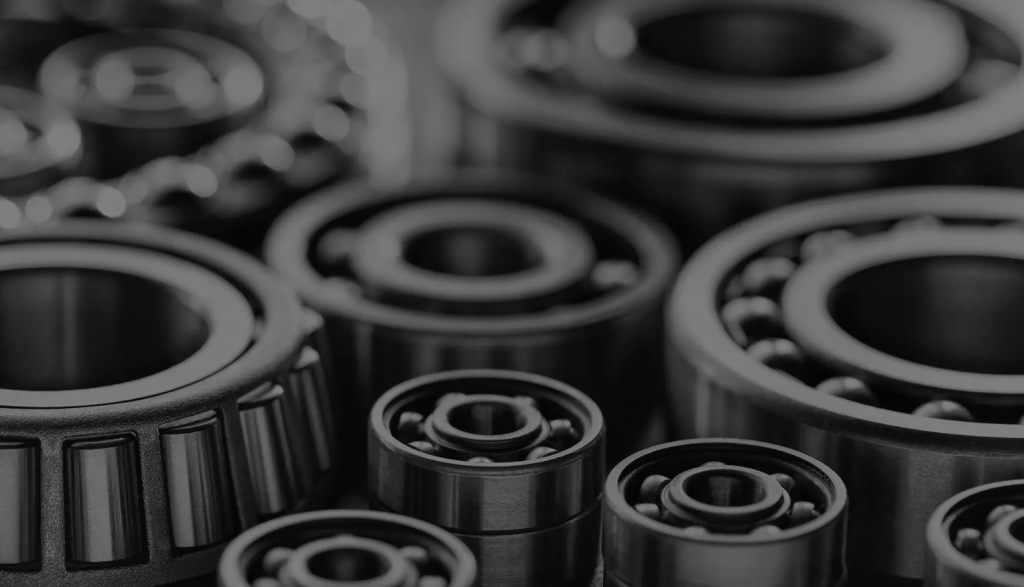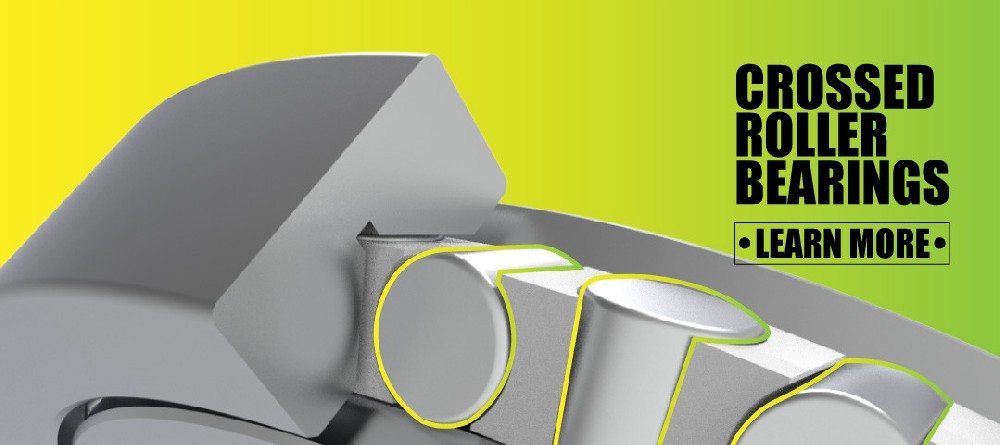Precision bearing manufacturer are small but essential components that determine the efficiency, durability, and reliability of machinery across industries. From robotics and aerospace to automotive and industrial automation, these bearings ensure smooth rotation, reduce vibration, and maintain operational accuracy under challenging conditions. Selecting the right precision bearing is not just about meeting technical specifications; it’s about partnering with a manufacturer who can deliver consistent quality, advanced production processes, and reliable support.
A misstep in choosing a manufacturer can lead to increased downtime, higher maintenance costs, and reduced machine lifespan, impacting productivity and overall operational efficiency. In an environment where precision, speed, and durability matter, understanding how to evaluate a manufacturer is crucial. Businesses must consider factors such as material quality, tolerance levels, load capacities, testing protocols, and supply chain reliability to ensure the bearings perform flawlessly in their intended applications.
Precision Bearing Manufacturer Selection Guide for Reliable Performance
In this guide, we will explain how to choose the right precision bearing manufacturer for reliable performance.

Choosing the right precision bearing manufacturer is a critical step for ensuring machinery performance, reducing downtime, and extending operational lifespan. Bearings may appear small, but they play a pivotal role in industrial operations, robotics, automotive, and high-speed equipment. This guide provides practical, step-by-step advice on how to evaluate and select a manufacturer without unnecessary fluff, emphasizing actionable insights, industry terms, and cinematic keywords for an engaging experience. Visit here!
Understanding Precision Bearings
Precision bearings are designed for accuracy, minimal friction, and stable operation under extreme conditions. They differ from standard bearings due to their tighter tolerances, higher load capacity, and controlled manufacturing processes. Selecting the right bearing starts with understanding its characteristics, applications, and how it interacts with machinery.
Precision bearings are used across industries such as aerospace, medical equipment, automotive, and industrial automation. They ensure smooth rotation, reduce mechanical vibration, and increase machine efficiency. Improper selection can result in premature wear, increased energy consumption, or even catastrophic failure.
Key Concepts to Understand:
- Radial vs. Axial Loads: Bearings must handle forces from different directions. Choosing a bearing suited to your machine’s primary load type is essential.
- Operating Speed: High-speed applications require low-friction materials and precise tolerances to prevent overheating.
- Temperature Range: Some machines operate under extreme heat or cold. Bearings must maintain integrity in those conditions.
- Lubrication Needs: Proper lubrication prevents friction, reduces wear, and extends lifespan. Some bearings are pre-lubricated, others require ongoing maintenance.
Key Specifications of Precision Bearings
Selecting the right bearing begins with analyzing its specifications. Each parameter influences performance, efficiency, and reliability.
1. Tolerance and Precision Levels
Precision bearings are graded using ISO or ABEC standards. Higher grades indicate tighter tolerances and better performance in high-speed or high-accuracy applications.
2. Material and Coating
Materials determine wear resistance, load capacity, and corrosion protection. Common materials include:
- Chrome steel: Standard high-strength applications
- Stainless steel: Corrosion resistance
- Ceramic or hybrid: High-speed and low-friction environments
3. Load Capacity
- Radial Load: The force perpendicular to the shaft
- Axial Load: The force along the shaft axis
Understanding load distribution ensures proper bearing selection and longevity.
4. Lubrication and Maintenance
Proper lubrication reduces heat, noise, and friction. Some bearings require specific greases or oils for extreme conditions.
5. Environmental Compatibility
Consider temperature, humidity, vibration, and exposure to dust or chemicals. Bearings must withstand operating environments without degrading.
Table: Key Specification Comparison of Precision Bearings
| Specification | Impact on Performance | LSI Keywords |
|---|---|---|
| Tolerance Level | Accuracy, minimal vibration | bearing precision, tolerance grade |
| Material Quality | Wear resistance, corrosion | hybrid ceramic, chrome steel |
| Load Capacity | Longevity, operational reliability | radial load, axial load |
| Lubrication Type | Friction reduction, maintenance | grease lubrication, low-friction |
| Environmental Suitability | Durability in extreme conditions | high-temperature bearing, dust-resistant |
Factors to Consider When Choosing a Precision Bearing Manufacturer
Selecting a manufacturer is as important as selecting the bearing itself. The right partner ensures consistent quality, support, and technological capability.
1. Quality Certifications and Standards
Look for ISO 9001, IATF 16949, or AS9100 compliance. Certification guarantees adherence to global quality management standards.
2. Manufacturing Capabilities
- Ability to handle both small-batch and high-volume production
- Advanced machining, grinding, and heat-treatment processes
- Automated assembly lines for consistency
3. Range of Products
Check if the manufacturer offers the types of bearings you require, including ball, roller, angular contact, or hybrid ceramic options.
4. Customization Services
For specialized machinery, you may need custom dimensions, materials, or coatings. Confirm the manufacturer can meet these needs.
5. Reliability and Track Record
A manufacturer with a proven track record ensures fewer defects, faster delivery, and responsive support.
6. Testing and Inspection
Manufacturers should conduct:
- Dimensional checks with coordinate measuring machines (CMM)
- Noise and vibration testing
- Load and torque tests
- Hardness and surface finish verification
7. Supply Chain and Delivery Efficiency
Reliable logistics, inventory management, and predictable lead times are crucial to prevent downtime.
8. After-Sales Support
Technical guidance, troubleshooting support, and documentation are essential for long-term performance.
9. Innovation and Technology
Manufacturers using robotic assembly, automated grinding, and advanced materials offer higher consistency and cutting-edge performance.

Table: Key Factors Comparison of Precision Bearing Manufacturers
| Factor | Evaluation Criteria | LSI Keywords |
|---|---|---|
| Quality Certifications | ISO, IATF, AS standards | industrial quality, certified bearing |
| Manufacturing Capabilities | Automation, multi-stage production | robotic assembly, advanced machining |
| Product Range | Ball, roller, angular, hybrid | high-speed bearing, load capacity |
| Customization | Tailored dimensions and materials | precision engineering, custom bearing |
| Testing & Inspection | Dimensional, load, noise, surface checks | bearing quality control, tolerance check |
| Supply Chain | Lead time, inventory, logistics | timely delivery, supply reliability |
| After-Sales Support | Technical guidance and troubleshooting | technical support, maintenance assistance |
| Innovation | Advanced materials, automation | cutting-edge engineering, friction reduction |
Steps to Evaluate a Precision Bearing Manufacturer
A structured evaluation helps ensure consistent results and long-term reliability. Follow these steps:
- Define Your Requirements
Determine load type, speed, operational environment, temperature range, and lifespan requirements. - Shortlist Potential Manufacturers
Use directories, trade shows, and referrals. Check if they align with your operational scale. - Request Technical Data Sheets
Compare materials, tolerances, lubrication types, and testing protocols. - Verify Certifications
Check ISO, industry-specific, and safety compliance. Certifications reflect manufacturing discipline. - Inspect Production Processes
If possible, conduct site visits or audits to evaluate machining, assembly, and quality inspection practices. - Check References and Track Record
Ask for testimonials, industry experience, or client portfolios to validate reliability. - Test Sample Bearings
Run pilot tests to ensure compatibility and performance under actual operating conditions. - Negotiate Terms
Discuss lead times, pricing, warranties, and after-sales support. Evaluate value over unit cost.
Common Mistakes to Avoid
Avoiding pitfalls ensures optimal bearing performance and reduces long-term costs.
- Focusing Solely on Price
Low-cost bearings often have shorter lifespans and higher maintenance demands. Consider total cost of ownership. - Neglecting Tolerances
Even small deviations in precision bearings can cause vibration, noise, and premature wear. - Overlooking After-Sales Support
Lack of technical guidance can extend downtime and reduce machinery efficiency. - Ignoring Supply Chain Reliability
Unreliable delivery schedules disrupt production. Evaluate lead times and logistics capabilities. - Assuming All Manufacturers Are Equal
Experience, technology, and processes differ. Choose a partner with proven industrial expertise.
Table: Mistakes vs. Consequences
| Common Mistake | Potential Impact | LSI Keywords |
|---|---|---|
| Low-cost focus | Shorter lifespan, higher maintenance | bearing durability, cost efficiency |
| Ignoring tolerances | Vibration, premature failure | tolerance deviation, precision check |
| No after-sales support | Extended downtime | technical guidance, troubleshooting |
| Supply chain neglect | Production disruption | delivery reliability, logistics planning |
| Manufacturer assumption | Inconsistent quality | trusted supplier, industrial reliability |
FAQs
Q1: How do I know if a bearing is suitable for high-speed applications?
Check tolerance grades, material type, lubrication requirements, and manufacturer specifications. High-speed bearings often require hybrid ceramics or low-friction coatings.
Q2: Can a manufacturer provide custom bearings?
Yes, select one with engineering support capable of producing tailored sizes, materials, or coatings.
Q3: How often should bearings be inspected or replaced?
Inspection intervals depend on load, speed, and environmental conditions. Proper maintenance and lubrication extend operational life.
Q4: What certifications should I prioritize?
ISO 9001 is standard. For automotive, IATF 16949; for aerospace, AS9100. Certification reflects manufacturing discipline and quality.
Q5: How can I ensure consistent quality?
Request technical data sheets, inspect sample bearings, and confirm production automation and testing protocols.

Conclusion
Selecting the right precision bearing manufacturer is a critical decision that directly impacts the performance, reliability, and longevity of machinery. Precision bearings play a pivotal role in maintaining smooth operation, reducing vibration, and supporting high-speed, high-load applications across industries such as automotive, aerospace, robotics, and industrial automation. The process of choosing a manufacturer goes beyond price comparison—it requires evaluating quality certifications, production capabilities, product range, customization options, testing procedures, and after-sales support. A reliable manufacturer ensures that each bearing meets strict tolerances, operates efficiently under diverse environmental conditions, and contributes to minimizing maintenance requirements and unplanned downtime. Businesses that invest the time to assess these factors systematically can significantly enhance operational efficiency, extend equipment life, and reduce total cost of ownership. Precision bearings may be small components, but the right manufacturing partner makes a measurable difference in performance and reliability.

